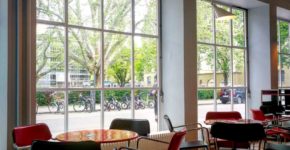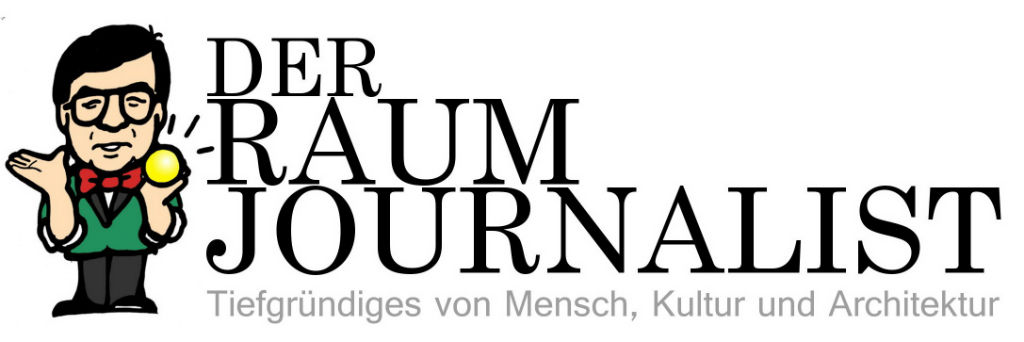Nach einer doch etwas l├żngeren Pause und (Wieder-)Findungsphase ist es an der Zeit, deconarch.com wieder zu bespielen. Aus zeitlichen Gr├╝nden wird deconarch.com inŌĆ” more »
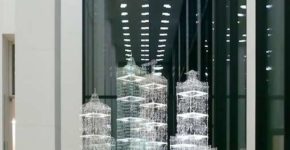
ŌĆ×KI finde ich f├╝r die Zukunft dann wichtig, wenn sie mit ŌĆÜk├╝nstlerischer IntelligenzŌĆś ├╝bersetzt wird.ŌĆ£ INTERVIEW mit Tobias Zaft
Im Juni┬Ā haben wir als ARTitecture des Monats FlexiPolis von Tobias Zaft vorgestellt. Acrylglasobjekte wachsen hier zu einem transparenten ŌĆ×Hightech-MolochŌĆ£ zusammen, dessen K├ČrperŌĆ” more »

Letzter Vorhang | Anna LEHMANN-BRAUNS in Berlin
Spaces are the central motif in the work of Berlin photographer Anna Lehmann-Brauns. She finds them in hotels, discos, theaters, cinemas, clubs, barsŌĆ” more »
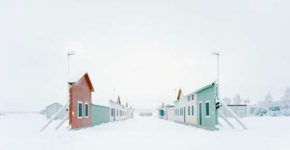
The Potemkin Village | GREGOR SAILER in Berlin
For ┬╗The Potemkin Village┬½ (2015-2017) Gregor Sailer (b. 1980 in Schwaz, AT) went looking for mock architecture worldwide. The proverbial term refers toŌĆ” more »
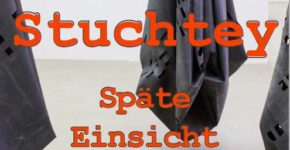
Sp├żte Einsicht |┬ĀMatthias STUCHTEY in N├╝rtingen
Stuchtey offers something that is rarely to be found in the visual arts: the understanding of architecture as a complex image of physicallity.ŌĆ” more »
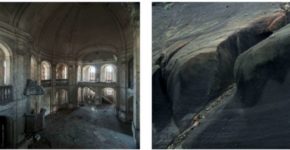
Silence | Gabriela TORRES RUIZ in Berlin
With a keen sense for the poetic interplay of light, color and space, photographer Gabriela Torres Ruiz contrasts landscape motifs and interior photographsŌĆ” more »
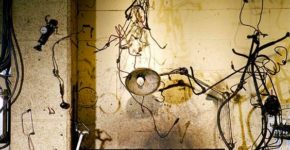
Garage Stills | Jacquie Maria WESSELS in Antwerp
For her Garage Stills project, Jacquie Maria Wessels is looking for classic car repair garages all over the world. She is fascinated andŌĆ” more »
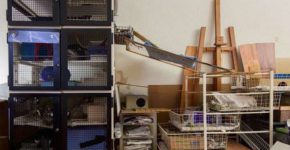
Rattenhausen | SABINE WILD in Berlin
Berlin-based photographer Sabine Wild, known for large-format alienation images of buildings and urban landscapes (find out more in our deconarch.com interview!), has documentedŌĆ” more »
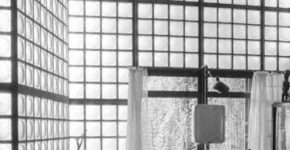
Das Glashaus | Michael CARAPETIAN in Berlin
The “maison de verre” (1931) by Pierre Chareau is a residential building in Paris. Its facade, an opaque glass wall, made it anŌĆ” more »

“Mich interessieren historische, politische oder gesellschaftliche Umbr├╝che und wie sie sich in urbane R├żume einschreiben.” INTERVIEW mit Anton Roland Laub
Der Stadtraum Bukarest ver├żnderte sich in den 1980er Jahren drastisch. Die Neugestaltungspl├żne unter Ceau╚Öescu zerst├Črten mehr Stadt als die Bomben im Zweiten Weltkrieg:ŌĆ” more »

